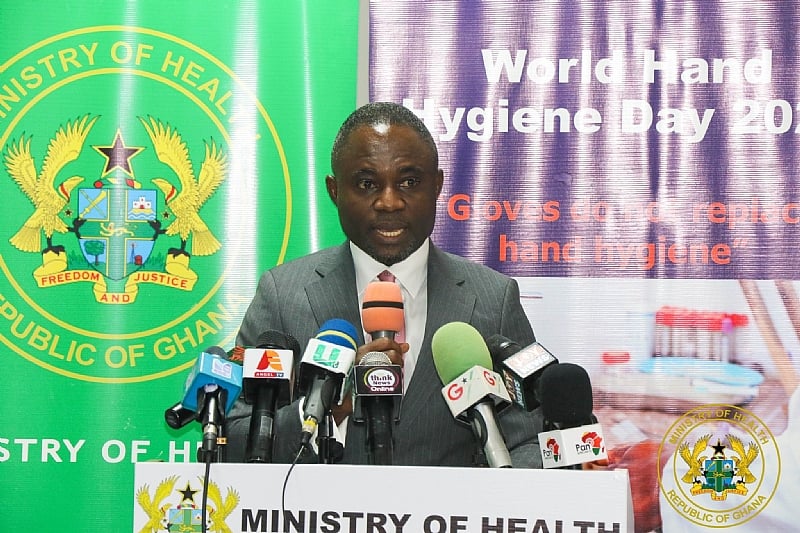World Hand Hygiene Day serves as a crucial reminder of the fundamental role hand hygiene plays in infection prevention and control, a message amplified this year by Ghana’s Ministry of Health. The 2024 theme, “It might be gloves, it’s always hand hygiene,” emphasizes that while gloves offer a layer of protection, they are not a substitute for meticulous handwashing. This message is particularly relevant within healthcare settings, where adherence to proper hand hygiene protocols is paramount to patient safety and the prevention of healthcare-associated infections. Ghana’s commitment to this cause aligns with global initiatives, mirroring both the World Health Organization’s Global Action Plan and Monitoring Framework for Infection Prevention and Control (2024-2030) and the nation’s own National IPC Strategy.
Ghana has demonstrated its commitment to strengthening infection prevention and control through tangible actions. The establishment of a National IPC Committee, convening quarterly to steer policy implementation, ensures consistent oversight and direction. The appointment of a dedicated national IPC focal person further solidifies this commitment, providing a central point of coordination for activities across the country. Critically, the integration of hand hygiene indicators into the District Health Information Management System (DHIMS2) enables data-driven monitoring and evaluation, allowing for targeted interventions and continuous improvement in hand hygiene practices. These steps highlight a proactive approach to addressing a critical aspect of healthcare safety and quality.
The Minister of Health, Mr. Kwabena Mintah Akandoh, underscored the importance of consistent hand hygiene practices at all levels of the healthcare system, from top-level administrators to frontline workers. This emphasis on universal adherence reflects the understanding that hand hygiene is a collective responsibility, crucial for maintaining a safe and healthy environment for both patients and healthcare providers. The minister’s call for vigilance is especially pertinent in the wake of the COVID-19 pandemic, which starkly revealed the vulnerability of healthcare systems to infectious diseases and the crucial role of preventative measures like hand hygiene in mitigating their spread.
Furthermore, the Ministry of Health is setting ambitious targets for the future, mandating that all regional and teaching hospitals routinely monitor hand hygiene compliance by 2026. This requirement, coupled with the integration of feedback into quality improvement systems, establishes a framework for continuous improvement and accountability. This systematic approach ensures that hand hygiene practices are not just observed, but also evaluated and refined, fostering a culture of ongoing learning and adaptation within healthcare institutions. This commitment to data-driven improvement signifies a move towards evidence-based practices and a dedication to providing the highest quality of care.
The Ministry of Health recognizes that effective hand hygiene promotion must transcend the confines of healthcare facilities and permeate into homes, schools, and communities. This broader approach aims to cultivate a culture where hand hygiene is ingrained as a fundamental habit. By empowering the public to inquire about handwashing practices and urging health leaders to exemplify proper hygiene, the Ministry encourages a societal shift towards prioritizing hand hygiene. This holistic approach underscores the understanding that infection prevention is not solely the responsibility of healthcare professionals but a shared responsibility that requires community-wide participation.
The importance of this message is amplified by statistics from the World Health Organization, indicating a concerning gap between recommended practices and actual adherence. With approximately 70% of healthcare workers reportedly not routinely practicing hand hygiene and only about 50% of surgical teams adhering to best practices throughout a patient’s stay, the urgency for improved hand hygiene practices is evident. These figures highlight the need for sustained education, training, and system-wide changes to address this critical gap and ensure that hand hygiene becomes an ingrained reflex in healthcare settings. Closing this gap is paramount to creating a safer and more effective healthcare system for all.


